#ivan pyrev
Explore tagged Tumblr posts
Text
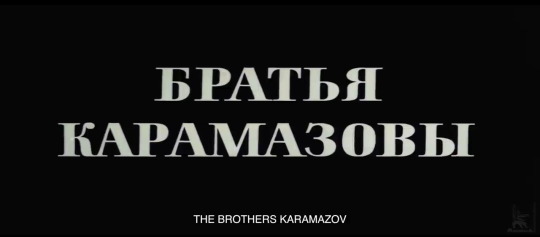


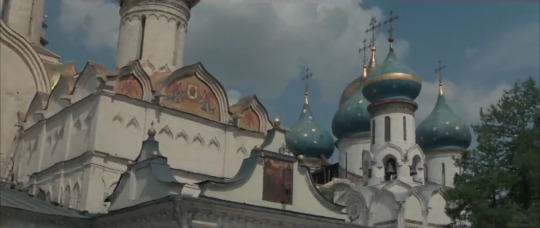


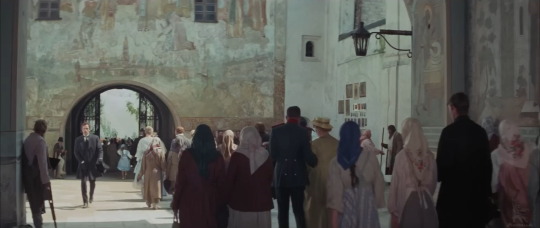
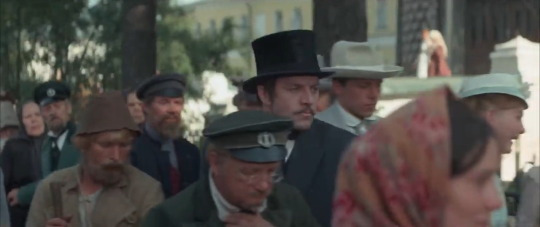
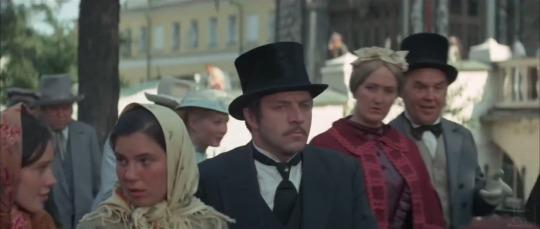




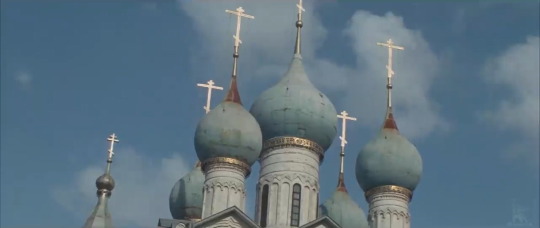

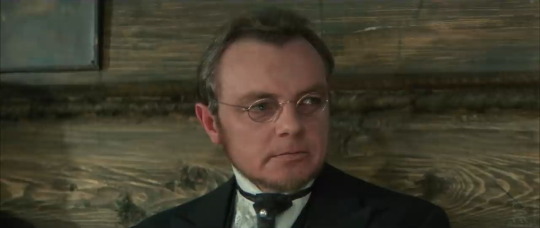
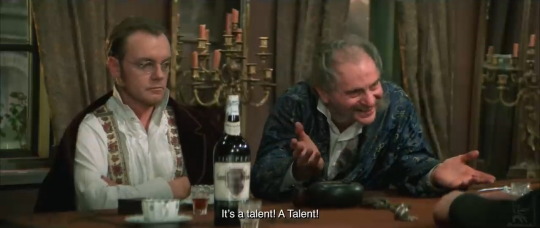
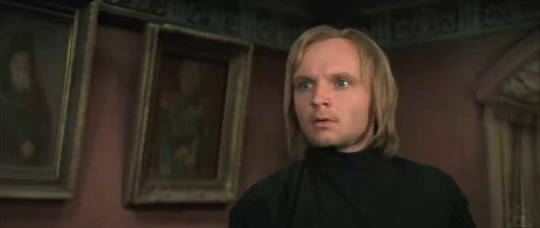
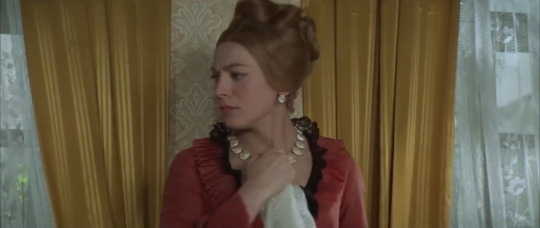
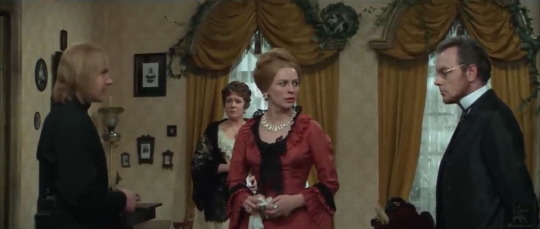
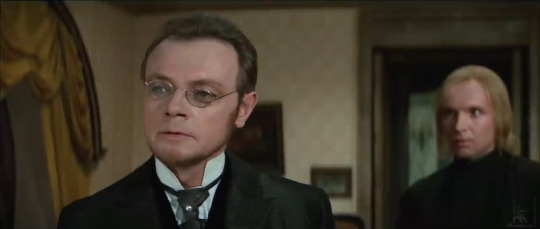
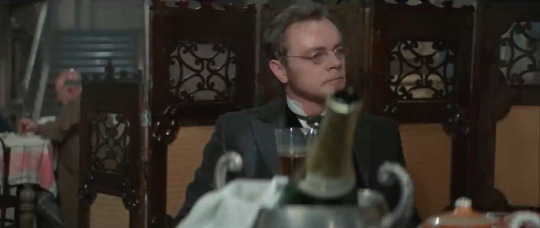
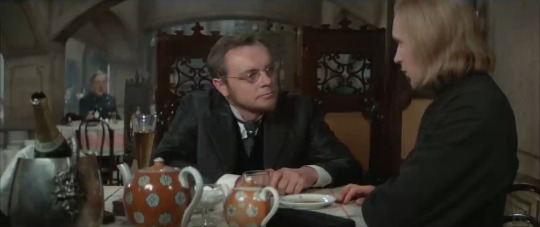
the brothers karamazov, ivan pyrev, kirill lavrov, mikhail ulyanov 1968
#the brothers karamazov#ivan pyrev#kirill lavrov#mikhail ulyanov#fjodor dostojevski#1968#sergei vronsky#dop#dorian gray#der fangschuß#l'idiot#le locataire#talent#talent pool#tp2#tradewind pictures#markus dietrich#material flyweight#eine feste burg#reenactment#stalker#surface#mdm#filmförderung#korruption#kinski geisel#obst & gemüse oder der kunde ist könig#about photography
38 notes
·
View notes
Photo

10 best novels of psychology at all times!
1. Jack London "Martin Eden"
The most unusual novel by Jack London. A novel that blew the minds of several generations of young people of different countries, possessed his almost Nietzschean idea of the "strong man" to overcome any obstacles. Now, of course, Nietzschean motifs are no longer relevant, but the idea is still a noble... A real man is not afraid of difficulties, do not commit treachery, do not retreat before the enemy, and always ready to protect the woman he loves. Sounds corny? But not for the timeless heroes of Jack London.
2. Fyodor Dostoevsky — "The Idiot"
"Idiot" is one of the most famous novels of Fyodor Dostoyevsky, the pinnacle of his prose. Translated into hundreds of languages, and the film adaptation of this tragic and poignant stories have been appearing almost since the birth of cinema and to this day, and among the filmmakers who dared to offer their version of such masters as Ivan pyrev, Akira Kurosawa, Andrzej Wajda and many others. In his work Dostoevsky wanted to portray a positively beautiful man. "It is more difficult that there is nothing in the world, - he admitted. - All writers, not just ours, but even all the European, who has neither taken the picture is positively beautiful, - fold. Because this task is immense". This task the writer has realized that opposing human evil and hatred passionate and restless soul of Prince Myshkin, who is called an idiot, but whose mouth speaketh the truth: "compassion is the main and maybe the only law of life for all mankind."
3. Leo Tolstoy — "Anna Karenina"
In a world where a strong tradition, ruled by unwavering prejudices and stereotypes, where the feelings are made to keep control, trouble to those who dare to listen to your heart. It is the heart that does not know the rules, and the result can be absolutely unpredictable. The greatest story of impossible love that destroys habitual representations about the relations between men and women is revealed in the pages of "Anna Karenina". The novel was repeatedly filmed, the role of Anna Karenina, played by Greta Garbo, Vivien Leigh and Sophie Marceau — favorite actress of millions. But only by reading the original, you will be able to decide, like whether rebel Anna at least one of them...
4. Chuck Palahniuk — Fight club
"Fight club" – the famous novel by Chuck Palahniuk. Everyone remembers the film directed by David Fincher with brad pitt in the lead role? It is in this book. This novel, the calling, a novel written in spite of everything and against all odds, it describes a generation of embittered people who have lost the idea of what is possible and what is not, where good and evil are, who are they themselves and those around them. The Palahniuk calls his "Fight club" novel "the Great Gatsby". What are they – these Gatsby of the late twentieth century?
5. James Joyce — "Ulysses"
James Joyce, the great Irish writer, classic and at the same time the destroyer of classics, with its canons, the person who more than anyone owe their birth to a new literary schools and trends of the twentieth century. The novel "Ulysses" (1922) - the main work of the writer, determined the development of the art of prose, and not just recognized as the best, most important novel in the history of this genre. According to the author, "Ulysses" is a story about a day spent with one layman from one small European town - includes all the literature with all its styles and techniques of writing and expressed all that the art can tell about a person.
6. Mikhail Sholokhov — "And Quiet Flows The Don"
"The quiet don" - the novel that made author - Russian writer Mikhail Sholokhov - world fame and the title of Nobel prize winner; a large-scale epic, narrating the tragic events in Russia's history, of human fate, crippled fratricidal massacre of love that passed all tests. Hard to find in Russian literature of the XX century, product of "the Quiet don" by the scale of covered events and levels of understanding of reality and freedom of storytelling.
7. Gregory David Roberts — "Shantaram"
One of the most striking novels of the early XXI century. This refracted in literary form, the confession of a man who managed to escape from the abyss and survive, rammed all the bestseller lists and earned rave comparisons with the works of the best writers of modern times, from Melville to Hemingway. Like the author, the hero of this novel many years hiding from the law. Stripped after the divorce, parental rights, he was addicted to drugs, committed a series of robberies and was sentenced by the Australian court to nineteen years imprisonment. Fled in the second year of prison, he reached Bombay, where he was a forger and a smuggler, running guns and participated in the dismantling of the Indian mafia, and found her true love again to lose it again to find...
8. Ayn Rand — "Atlas shrugged"
"Atlas shrugged" is the Central work of Russian writer abroad Ayn Rand, translated into many languages and had a huge impact on the minds of several generations of readers. Kind of combining fantasy and realism, utopia and dystopia, romantic heroism and radiant grotesque, the author is very new not only puts the eternal in Russian literature "accursed questions" offers answers - sharp, paradoxical in many respects controversial.
9. Charles Dickens — "Dombey and son"
One of the saddest and psychologically profound novels of Dickens. The novel, which he mercilessly exposes the soul renewaltracker bourgeois, devoid of human feelings and obsessive greed. This is Mr. Dombey - a very respectable man, who never violates the rules of morality. So why is his respectability, his idea of duty, honor and integrity are ruining the lives of all his relatives and even his own? Dickens does not give a direct answer to this question - but the story of the daughter of Mr Dombey, Florence and her beloved Walter Gaye - the native of a simple working family, these true representatives of the new perspective on life, which includes not only debt, but also the senses inspires the reader with hope for the future.
10. William Golding — "Lord of the flies"
In front of you pearl of the creative legacy of William Golding. "Lord of the flies". Grotesque dystopia, "black Robinson Crusoe" and the novel is a warning... "The spire". A historical novel and a philosophical story, exploring the secret maze of the soul, possessed "a thirst for creation"... Read and re-read again and again and again...
13 notes
·
View notes
Text
FESTIVAL IN REVIEW: DIVERGING PERSPECTIVES
Shelley Farmer gives us the lowdown on the Russian Festival of Arts' "Diverging Perspectives" film program.
Between May 22 and June 5, Causa Artium – an institution that, according to its website “works to create new opportunities and venues for poets, painters, musicians, writers, and other artists of all kinds” – hosted New York’s first annual Festival of Russian Arts. Focusing on a general theme of “literature”, the festival, in conjunction with the New York Public Library and Russia’s Debut Prize Foundation, offered a series of panels and screenings that all sought to explore the multiplicity of viewpoints that make up Russian literature.
The idea of approaching Russian literature from multiple points of view found its most interesting iteration in the film portion of the festival. All of the works presented were adaptations of Russian classics, both by Russian and foreign directors. Foregoing David Lean’s Doctor Zhivago and other such well-known classics, organizer John Narins opted for overlooked gems from a range of countries, many receiving their first English translation and first public screening in the U.S.
The series began on Friday, June 1 with Richard Brook’s 1958 Hollywood adaptation of The Brothers Karamazov, starring Yul Brynner, William Shatner, Lee J. Cobb, and Richard Basehart (of La Strada fame). By far the starriest night of the series, the film screened in the cinema of the Tribeca Grand Hotel, and opened with a lively introduction by Yul Brynner’s son, Rock. Though one might anticipate a kitschy bastardization of Dostoevsky, the film is, actually, enormously effective. Employing the aesthetics of Sirkian melodrama, the film disposes of Dostoevsky’s spiritual concerns and emphasizes the novel’s explosive plot. During the post-film audience discussion (a fascinating feature of each screening), the heavily Russian audience concluded that this Hollywood spectacle had truthfully captured the Russian soul.
Later nights featured additional Karamazov adaptations, several versions of Gogol’s The Overcoat, and free adaptations of Bulgakov’s Master and Margarita. Several of these were premiere screenings in the US. A Soviet film of The Overcoat by Batalov featured brand new subtitles by Rebecca Pyatkevitch and was the film’s first public screening in the US. Incident in Judea by Paul Bryers, which adapted the Jerusalem story line of The Master and Margarita was also a US premiere.
The final two premieres are surely the ones that were most exciting for cinephiles – Ivan Pyrev’s four-hour Soviet adaptation of Brothers Karamazov and Andrzej Wajda’s Pilatus und Andere, based loosely on the Jerusalem story of The Master and Margarita. Of the three Karamazov films shown (the final showing of the festival was the recent Czech film Karamazovi), Pyrev’s 1969 film was the only Russian language adaptation and the one that hewed closest to the lengthy novel. However, like the other films, it excised the famous Grand Inquisitor scene – a fact that was repeatedly puzzled over by the speakers who introduced each film.
While the primary virtue of the Pyrev film was fidelity to the source material, Wajda used his already bizarre source material as more of a jumping off point than a strict guideline. The 1972 film was commissioned by a German television station to be broadcast on Good Friday. Shot in Munich, the film was made in much the same way as Wajda’s Danton, with German actors speaking their lines in German, Polish actors in Polish, and all characters dubbed into German for the final film. The film, which spends much of its running time focusing on Pilate’s ethical dilemma, has German actors as Romans and Polish actors as Judeans, all while taking place in the city that, for many, would become synonymous with the assignation of post-WWII moral culpability, creating clear historical parallels in much the same manner as Bulgakov’s double storylines. With a cast of Wajda regulars, including Daniel Olbrychski, Wojciech Pszoniak, and Jerzy Zelnik, the film takes the surreal elements that tend to appear in isolated moments in most Wajda films and runs with them. Though having Levy Mathvey, in jeans and white t-shirt, delivering a tortured monologue on a broken down car in a junk yard may distance the film from the novel in a superficial sense, the movie manages to capture the spirit of the book as well as, if not better than, a more straightforward adaptation.
With an impressive group of academics introducing the films (including Columbia University’s own Catherine Nepomnyashchy and Rebecca Stanton) and an unexpected lineup of little-known films, the Russian Festival of Arts’ “Diverging Perspectives” series provided the New York film scene with a refreshing splash of academic rigor. The format and short length of the festival made it feel like a single event, a continuing conversation, giving the reader more context and opportunity for deeper exploration than is normally possible at film events. Sadly, attendance was minimal at every screening, though the there was a loyal core audience. With their “Diverging Perspectives” film series, Causa Artium has provided a sort of academic cinematic event that one rarely finds outside of the classroom. Hopefully, more events, with larger audiences, are to come.
#diverging perspectives#russian festival of arts#causa artium#shelley farmer#Ivan Pyrev#andrezj wajda#brothers karamazov#doctor zhivago
0 notes
Photo






*


4 notes
·
View notes